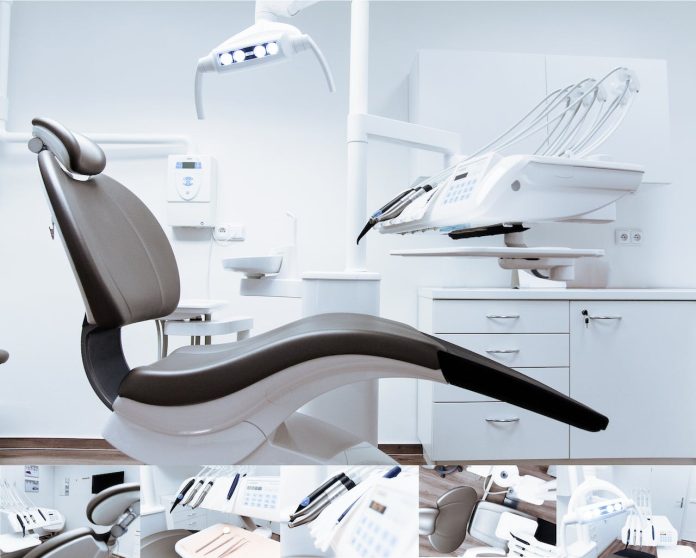Technology has been transforming various industries and healthcare is no exception. With the advent of new technologies, the healthcare industry is experiencing a revolution that is changing the way the world approaches medical care. From eHealth and analytics to nanotechnology, neurotechnology and artificial intelligence, these advancements are reshaping the future of healthcare.
eHealth
eHealth, also known as electronic health, is a digital platform that allows healthcare professionals to access and manage patient information electronically. One of the key technological advancements in eHealth is the document scanner. The introduction of a healthcare document scanner has allowed healthcare professionals to easily convert physical documents, such as medical records, lab results and prescriptions, into digital format.
This not only saves time and effort but also enables easy storage, retrieval and sharing of patient information. With a document scanner, healthcare providers can quickly and accurately upload important documents into electronic health records (EHR) systems, ensuring that patient information is readily accessible and securely stored. This technology streamlines administrative tasks, reduces paperwork and enhances the overall efficiency and effectiveness of healthcare delivery.
Analytics
Analytics plays a very vital role in the healthcare industry by analyzing vast amounts of data to identify patterns, trends and insights. By utilizing analytics, healthcare providers can make informed decisions based on data, leading to improved patient outcomes and optimized resource allocation. With the help of analytics, healthcare professionals can identify potential risks, predict disease outbreaks and personalize treatment plans for individual patients.
Additionally, analytics can assist in identifying areas for process improvement, reducing costs and enhancing operational efficiency. Overall, analytics in healthcare empowers providers to harness the power of data to drive better decision-making and ultimately improve the quality of care provided to patients.
Nanotechnology
Nanotechnology is a field that involves manipulating matter at the nanoscale, which is one billionth of a meter. In healthcare, nanotechnology has the potential to revolutionize diagnostics, drug delivery and treatment. Nanoparticles can be engineered to target specific cells or tissues, delivering drugs directly to the affected area while minimizing side effects. Additionally, nanotechnology can enhance medical imaging, allowing for more accurate and detailed diagnoses. With ongoing advancements in nanotechnology, the future of healthcare holds the promise of more precise and effective treatments.
Neurotechnology
Neurotechnology refers to technologies that interact with the brain and nervous system. This field has the exciting potential to transform the diagnosis and treatment of neurological disorders, such as Alzheimer’s disease, Parkinson’s disease and epilepsy. For example, brain-computer interfaces (BCIs) enable individuals with paralysis to control external devices using their thoughts.
Neurostimulation devices can also be used to alleviate symptoms of neurological disorders by delivering electrical impulses to specific areas of the brain. With further advancements in neurotechnology, one can expect significant improvements in the quality of life for individuals with neurological conditions.
Artificial Intelligence
Artificial intelligence (AI) is revolutionizing healthcare by enabling machines to perform tasks that typically require human intelligence. AI algorithms can analyze medical images, such as X-rays and MRIs, to detect abnormalities and assist in diagnosis.
Machine learning algorithms can also predict patient outcomes and identify potential treatment options based on large datasets. AI-powered chatbots and virtual assistants can provide patients with personalized healthcare information and support. With AI, healthcare professionals can properly enhance efficiency, accuracy and patient care.
The future of healthcare is being shaped by technological advancements that are revolutionizing the industry. From eHealth and analytics to nanotechnology, neurotechnology and artificial intelligence, these innovations are transforming the way the world approaches medical care. As these technologies continue to evolve, one can expect improved patient outcomes, more personalized treatments and a healthcare system that is more efficient and effective.













